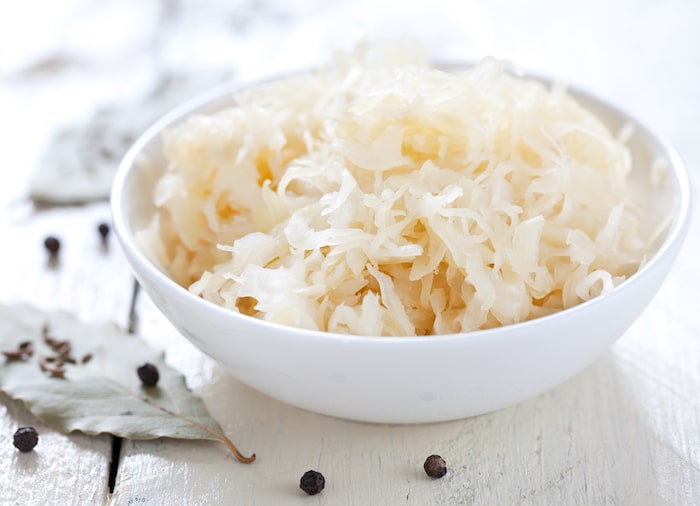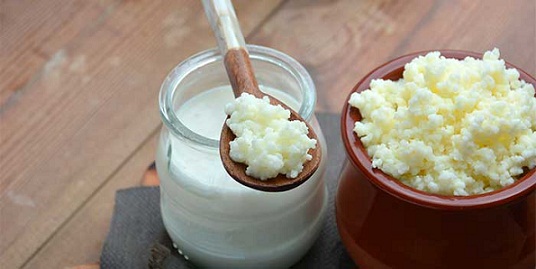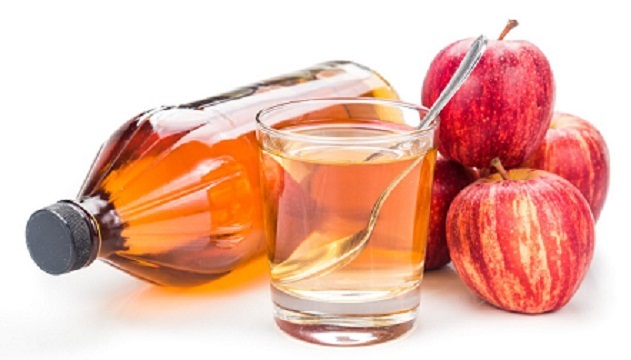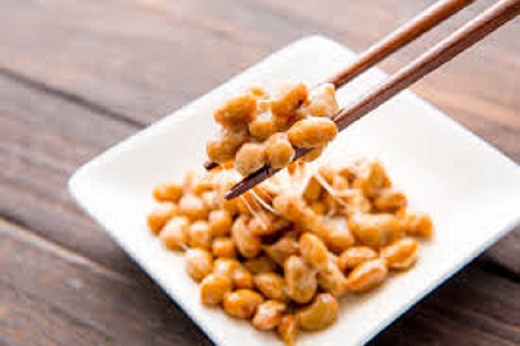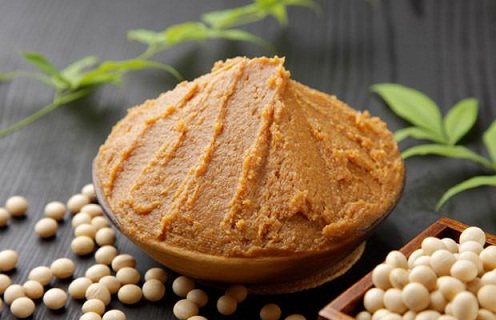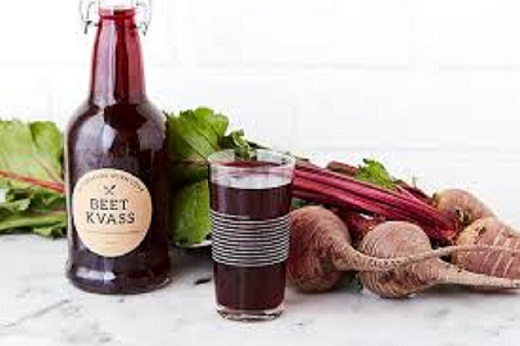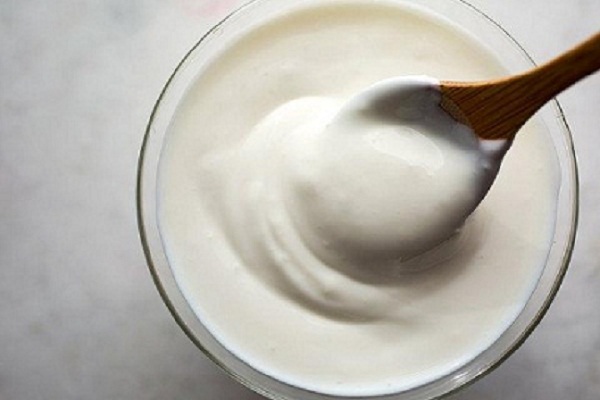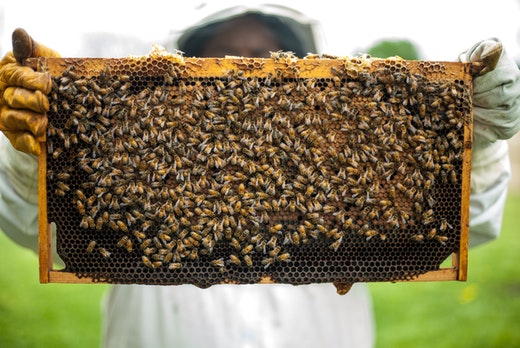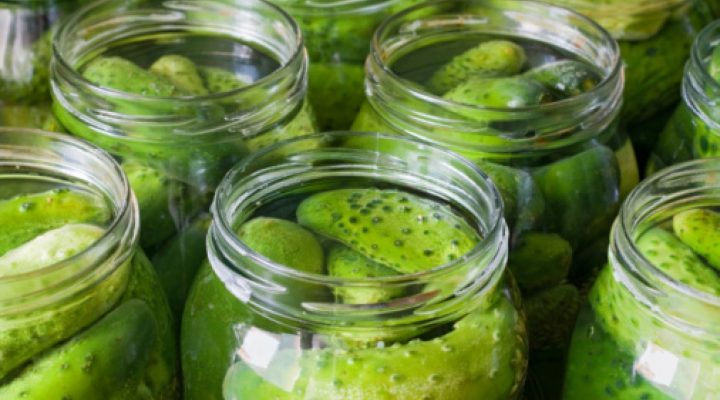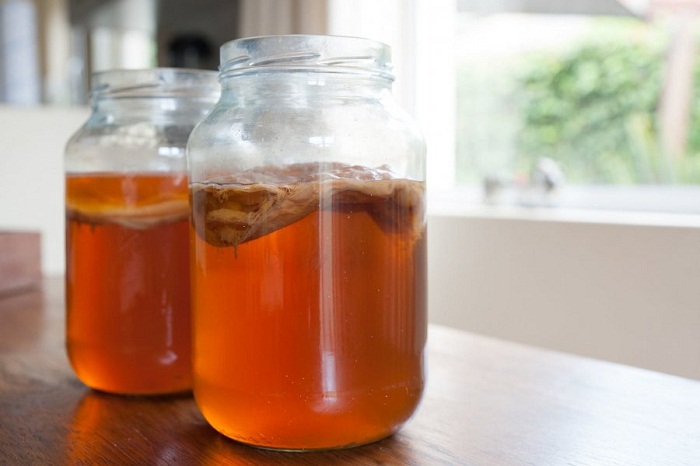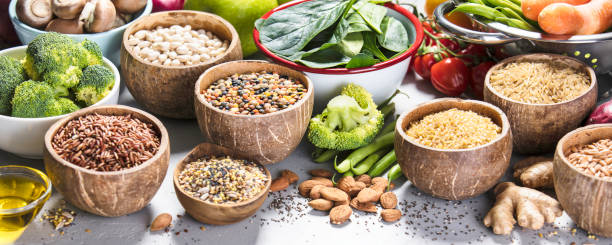Gut Health – 8 Must Have Fermented Foods
Fresh foods are no longer the only choice when it comes to health, another type of food that is quickly gaining momentum is fermented foods.
While it might be hard to discern food face or fiction, the health benefits of fermented foods and probiotics that come with them is definitely fact!
The highest beneficial food group when you want to learn how to heal your gut, cure skin issues, and even help reduce risk of depression or anxiety is the fermented food mix, which comes with the goodness of probiotics.
Fermented foods are probiotic powerhouses, which help to boost the amount of good bacteria in your gut. Probiotics will help encourage a normal microbiota in your gut.
However, all fermented foods do not have the same composition of healthy bacteria. Here are 8 must-eat fermented foods that are particularly beneficial in terms of how to heal your gut.
1. Sauerkraut
Simply put, sauerkraut is nothing but lacto fermented green cabbage which is fermented by naturally occurring lactobacillus. However, quick sauerkraut is more than just a condiment in your fridge.
Lactobacilli are a powerful probiotic and are helpful in improving a number of digestive disorders. Multiple lactobacilli strains are present in soil and get transferred to certain plant foods, like cabbage. Any kind of cabbage will do and red cabbage sauerkraut is a great way to add some color to your favorite dish!
Sauerkraut is a salient source of essential nutrients and minerals like calcium, most B vitamins, magnesium and tons of fiber. You can improve your digestive system and in turn promote clear, glowing skin by adding ¼ cup of sauerkraut to one meal a day.
The best part about this condiment is that it goes well with almost everything. You can add it as a topping to your salads, eggs, open-faced sandwiches and even homemade tacos. If you are in a hurry you can grab a hot dog from a nearby stand and slather it with sauerkraut to have a healthy and delicious snack. It’s also healthy on its own and there are only six grams of carbs in sauerkraut.
Quick sauerkraut is easily made at home with inexpensive ingredients like sea salt and green cabbage. Chop the cabbage and place in a glass jar. Add in the salt and cover with a cloth. Make sure the cabbage is submerged. Leave it for 24 hours and your homemade probiotic enriched sauerkraut is ready to eat.
2. Kefir
Kefir milk or kefir water is a fermented beverage made with kefir grains and is rich in probiotics and enzymes. The taste is similar to liquid yogurt with a slight sour-tangy flavor. Kefir water will be a little sweet too depending on the amount of sugar it took to ferment the beverage along with the kefir starter.
Kefir is made through a symbiotic fermentation process which uses both yeast and bacteria. Kefir milk is made using whole fat, non-treated cow or sheep milk. Goat milk kefir is also a delicious option. Kefir grains are bacterial cultures that help start the activation process.
If you are looking for a vegan option, kefir milk can also be made using coconut milk, almond milk, and cashew milk. It is best to choose coconut milk if you are suffering from gut health issues or painful digestive symptoms. Dairy (even the fermented products) can be difficult to digest when your digestive system is already raw with multiple disorders or infections.
3. Kimchi
Kimchi is similar to sauerkraut and has more flavors because garlic and chili powder is added. If you’re asking what does kimchi taste like, imagine a spicy sauerkraut with some extra kick and color!
Carrots and other veggies can be also be added depending upon your taste. Kimchi is rich in lactobacillus, vitamin A, vitamin C, and fiber.
Kimchi is originally Korean, and had as a side dish with rice. However, the flavor is mild enough to be added to a bowl of quinoa or as a side to stir fry and bbq. While you are more than welcome to make your own kimchi, be forewarned that it can create quite a stink during the fermentation process.
4. Apple Cider Vinegar
Apple cider vinegar (ACV) has a number of bacteria fighting benefits because of the ‘mother’ (beneficial bacteria) which is a cobweb of cloudy liquid towards the bottom of the bottle. ACV gets strong health benefits over plain vinegar because of the ‘mother’ culture.
Make sure you purchase an ACV which is raw, unpasteurized, and contains ‘mother’ so that you do not miss out on the goodness of probiotics. It is especially good for people suffering from digestive disorders because ACV has an alkaline effect on the stomach which restores the natural pH of your digestive system.
5. Natto
Natto is a traditional Japanese dish made by fermenting soybeans. Whole soybeans are boiled or steamed and then mixed with bacteria culture called bacillus subtilis. The fermentation process releases an enzyme called nattokinase, which produces vitamin K2, equal to 50% of the daily dietary recommendation.
The only downside of natto is the strong pungent flavor and texture. It has a gooey, string like texture which is not liked by many. However, the nutritional benefits definitely outweigh the taste. If you are wondering what does natto taste like, just be prepared that natto is a taste that develops on the palate.
6. Miso
Like Natto, Miso is also a Japanese dish with fermented soybeans. However, Miso is fermented with other grains like barley or rice and a bacterial culture called koji. Koji produces a number of enzymes that is known to support gut health.
If you are wondering what miso tastes like, consider the face that miso paste and miso sauce is already present in some of your favorite Japanese dishes.
This is one of the reasons why miso soup is popular before meals. You can even make a paste of the fermented beans and add it to gravies for a stronger flavor. A particular type of miso called white miso is sweet and can be added to desserts.
When it comes to how long does miso last, you can leave miso paste in your fridge for over a year.
7. Beet Kvass
Beet kvass is a fermented drink which is slightly fizzy and salty. It is known to be a powerful health tonic because beets are naturally rich in vitamins, minerals, and antioxidants. The fermentation process makes these nutrients easier for your body to digest and absorb turning beet kvass into a nutritional powerhouse.
The drink is also rich in nitrates which are in turn converted to nitrate oxide by your body. This compound boosts blood flow, improves circulation, and energy levels.
8. Yogurt
Yogurt is made by the process of lacto-fermentation. It can be made from both nut and dairy milk. For digestive issues, it is recommended that you take coconut milk yogurt which has transient bacteria that feed existing healthy bacteria in your gut as they pass through your intestinal tract.
Unlike kefir, bacteria in yogurt do not colonize your gut. However, they have massive gut supportive benefits which improve digestion and enhance gut health.
Tips
There are plenty of fermented foods when it comes to how to heal your gut. When purchasing store bought foods, make sure you buy the raw, unprocessed versions which have active bacteria culture. Alternatively, you can also try the various probiotic supplements available in the market to enhance your gut health.
